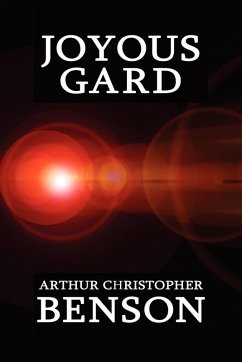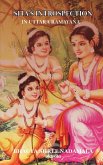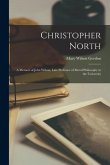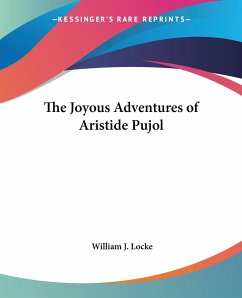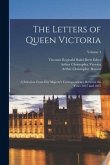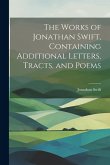It is a harder thing than it ought to be to write openly and frankly of things private and sacred. "Secretum meum mihi!"--"My secret is my own!"--cried St. Francis in a harrowed moment. But I believe that the instinct to guard and hoard the inner life is one that ought to be resisted. Secrecy seems to me now a very uncivilised kind of virtue, after all! We have all of us, or most of us, a quiet current of intimate thought, which flows on, gently and resistlessly, in the background of our lives, the volume and spring of which we cannot alter or diminish, because it rises far away at some unseen source, like a stream which flows through grassy pastures, and is fed by rain which falls on unknown hills from the clouds of heaven. This inner thought is hardly affected by the busy incidents of life--our work, our engagements, our public intercourse; but because it represents the self which we are always alone with, it makes up the greater part of our life, and is much more our real and true life than the life which we lead in public. It contains the things which we feel and hope, rather than what we say; and the fact that we do not speak our inner thoughts is what more than anything else keeps us apart from each other. In this book I have said, or tried to say, just what I thought, and as I thought it; and since it is a book which recommends a studied quietness and a cheerful serenity of life, I have put my feelings to a vigorous test, by writing it, not when I was at ease and in leisure, but in the very thickest and fullest of my work. I thought that if the kind of quiet that I recommended had any force or weight at all, it should be the sort of quiet which I still could realise and value in a life full of engagements and duties and business, and that if it could be developed on a background of that kind, it might have a worth which it could not have if it were gently conceived in peaceful days and untroubled hours.
Bitte wählen Sie Ihr Anliegen aus.
Rechnungen
Retourenschein anfordern
Bestellstatus
Storno

